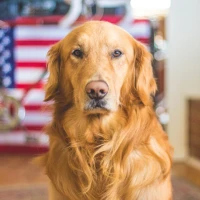As 2024 unfolds, dog enthusiasts and potential pet parents are barking up the right tree in search of the fluffiest addition to their families: the Bichon Frise. While these charming pooches capture hearts with their playful antics and cotton-ball clouds of fur, they also prompt a serious question dogging the minds of many: How much does a Bichon Frise cost in 2024? The chase for affordability meets the paws of luxury as we dive tail-first into the latest price trends and unveil what’s wagging in the world of Bichon Frise ownership. From the initial price tag that’ll make your heart skip a beat, to the grooming essentials that keep these pups in vogue, and the veterinary care that ensures they keep on yapping joyfully – we’re unleashing the figures. So, fasten your leashes; it’s time to explore the cutting-edge Bichon Frise price guide and unpack the kennel of expenses to expect in this bark-worthy financial foray.
Bringing Home a New Bichon Frise: One-Time Costs
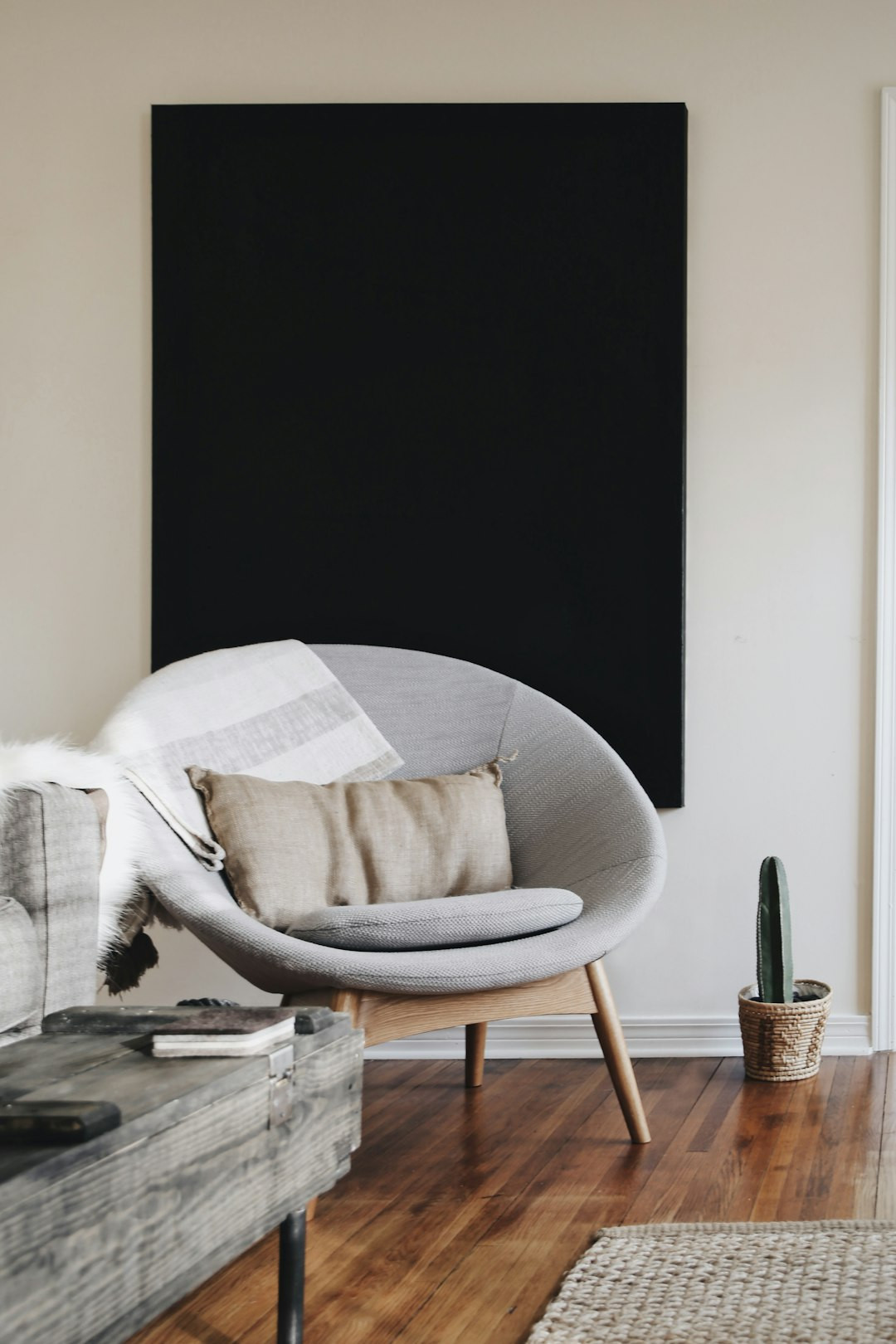
The cost of a Bichon Frise in 2024 can vary widely depending on several factors such as the breeder’s reputation, location, the lineage of the puppy, and whether the puppy has been spayed or neutered, and received initial medical procedures such as vaccinations and microchipping. Here’s an exploration of the expense categories you might expect when bringing home a new Bichon Frise:
One-Time Costs
-
Purchase Price: In 2024, the price for a Bichon Frise puppy from a reputable breeder could range between $700 to $3,000. Rare bloodlines, champion line puppies, or those with particular markings may fetch higher prices.
-
Adoption Fees: If adoption is an option you’re considering, whether from a rescue or shelter, you might see lower fees ranging from $100 to $500, which usually covers initial medical expenses.
-
Initial Veterinary Care: A new puppy will require various vaccinations, deworming, and possibly a health check. These veterinary costs could run anywhere from $50 to $300, depending on what the breeder has already done and what additional care may be needed.
-
Spaying/Neutering: If the breeder has not already spayed or neutered the puppy, you might expect to pay between $200 and $500 for this procedure depending on your vet and region.
-
Microchipping: A necessary expenditure for the safety of your pet, getting your Bichon Frise microchipped can cost approximately $40 to $60.
-
Supplies: Initial supplies including a crate, bedding, food and water bowls, toys, grooming tools, a collar, leash, and an initial supply of food can sum up to $200 to $500.
-
Training: If you are considering professional training or puppy classes, prices can vary significantly, from about $50 for a single class to $1,000 or more for a series of trainings or private sessions.
It’s important to remember that while the initial cost is significant, the lifetime cost of owning a pet includes daily care, food, grooming, and regular vet visits. Prospective Bichon Frise owners should ensure that they are financially ready not only for the initial cost but also for the long-term commitment that comes with owning a dog.
Free

The cost of a Bichon Frise in 2024 can be influenced by various factors, including the breeder’s reputation, location, the dog’s lineage, and any additional services or goods provided with the purchase.
Purchasing directly from a reputable breeder, you can expect the price to reflect the care and investment they have put into their breeding program. Typically, prices for a well-bred Bichon Frise could range from $1,000 to $3,000 or more. Breeders with exceptional lineage or show quality dogs may charge higher prices.
When considering the ongoing cost of ownership, you must also include expenses for:
- Veterinary Care: Routine check-ups, vaccinations, spaying/neutering, and any unforeseen health issues.
- Food: High-quality dog food that is appropriate for the Bichon Frise’s age, size, and activity level.
- Grooming: Bichon Frises require regular grooming to maintain their coat and prevent matting. Professional grooming can vary in cost, but it is typically required every 4 to 6 weeks.
- Training: Basic obedience classes or even advanced training can benefit both the dog and the owner in the long term.
- Supplies: Beds, crates, toys, leashes, collars, and other essential supplies.
- Insurance: Pet insurance can help manage health-related expenses, and prices will vary depending on coverage level and provider.
Free options primarily include adoption from rescues or shelters, where you can occasionally find Bichon Frises. While the initial adoption fee may be minimal, sometimes even waived, potential owners should still prepare for the pet ownership costs mentioned above.
It’s critical to budget not just for the initial purchase but also for the full lifespan of the dog. Responsible breeders might also offer health guarantees and support that can factor into the overall cost and value when obtaining a Bichon Frise.
Be sure to verify any information on costs and consider contacting multiple sources for a comprehensive understanding of what you can expect to pay for a Bichon Frise in 2024. Remember, investing in a quality breeder can often mean lower health-related expenses down the line due to the breeder’s commitment to the health and well-being of their puppies.
Adoption

When considering the cost of a Bichon Frise in 2024, there are a variety of factors to take into account. The price of a Bichon Frise can fluctuate based on pedigree, breeder reputation, location, and demand. On average, you might expect the price for a Bichon Frise from a reputable breeder to range from $500 to $2500, with exceptional lineage or show-quality dogs potentially fetching higher prices.
Adoption remains a heartfelt and cost-effective option for bringing a Bichon Frise into your home. By choosing to adopt, you could expect lower expenses, often covering only the administrative and care costs incurred by the rescue organization. Adoption fees can vary widely but generally range from $100 to $500, which usually includes vaccinations, spaying or neutering, and microchipping. By adopting, not only do you provide a forever home to a dog in need, but you also potentially save a significant amount on initial costs.
The initial purchase or adoption fee is just the beginning, however. Owning a Bichon Frise entails ongoing expenses including food, grooming, veterinary care, training, and pet insurance. Given their fluffy coats, Bichon Frises require regular grooming, which can be a recurring cost unless owners are prepared to learn and undertake grooming tasks themselves.
It’s also prudent to create a budget for unforeseen health issues, as Bichon Frises, like all breeds, can develop genetic health problems that may require special care or medication.
Lastly, inflation and changes in the economy can affect the cost of pet ownership year over year. For those considering bringing a Bichon Frise into their lives, it’s important to factor in the total lifetime cost of caring for the pet, not just the initial purchase or adoption price.
Breeder
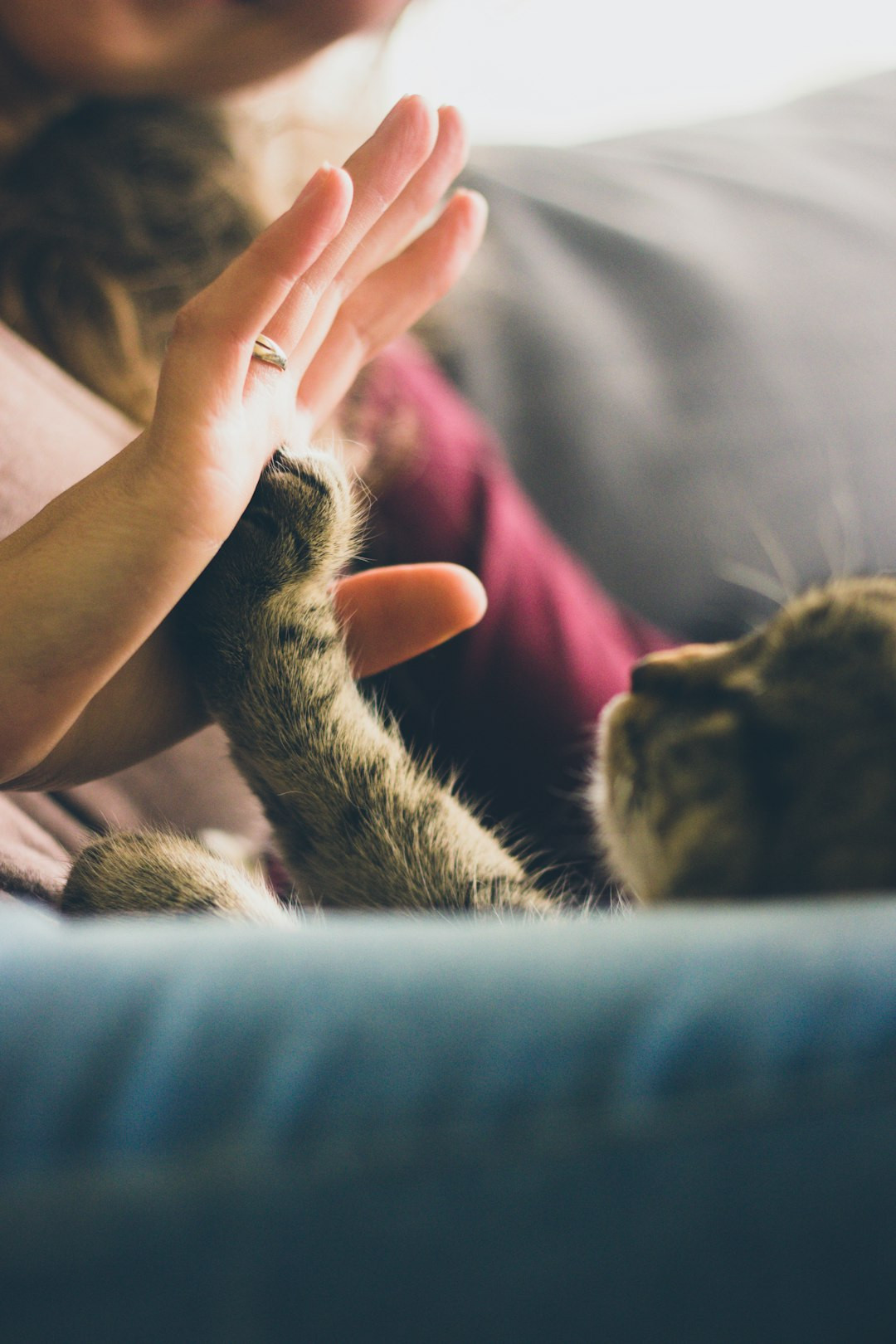
Keeping up with the trends in the dog market, the cost of a Bichon Frise from reputable breeders in 2024 can range significantly based on several key factors, such as pedigree, location of the breeder, and whether the pup comes from show-quality parents with championship backgrounds.
As a potential Bichon Frise owner, you can expect the initial purchase price for a well-bred puppy to be anywhere from $1,000 to $3,000 or more. The higher end of the price range is often for dogs with a lineage that may include one or more champions, while less for a companion animal without a notable pedigree.
When contacting breeders, consider that professional and ethical breeders invest in their dogs’ health and wellbeing, which includes vet care, quality nutrition, and socialization efforts. This initial investment in the quality of life for their pups can contribute to a higher asking price.
Aside from the purchase price, other expenses come into play, such as initial veterinary visits for vaccinations and spaying/neutering, which can cost several hundred dollars. Also, factor in essentials like a crate, bedding, grooming supplies, toys, and dog food. Monthly grooming costs for a Bichon Frise, given their curly coat that requires regular maintenance, can add an additional $30 to $60 to your budget.
Lastly, don’t forget potential unexpected health-related expenses, which can be mitigated with pet health insurance, and ongoing expenses like annual check-ups, flea and tick prevention, and heartworm medication.
Before making a purchase, it is vital to research thoroughly and, if possible, visit the breeding facility in person to gauge the conditions in which the puppies are raised as they will greatly influence the initial and long-term health and behavior of your future pet.
Initial Setup and Supplies
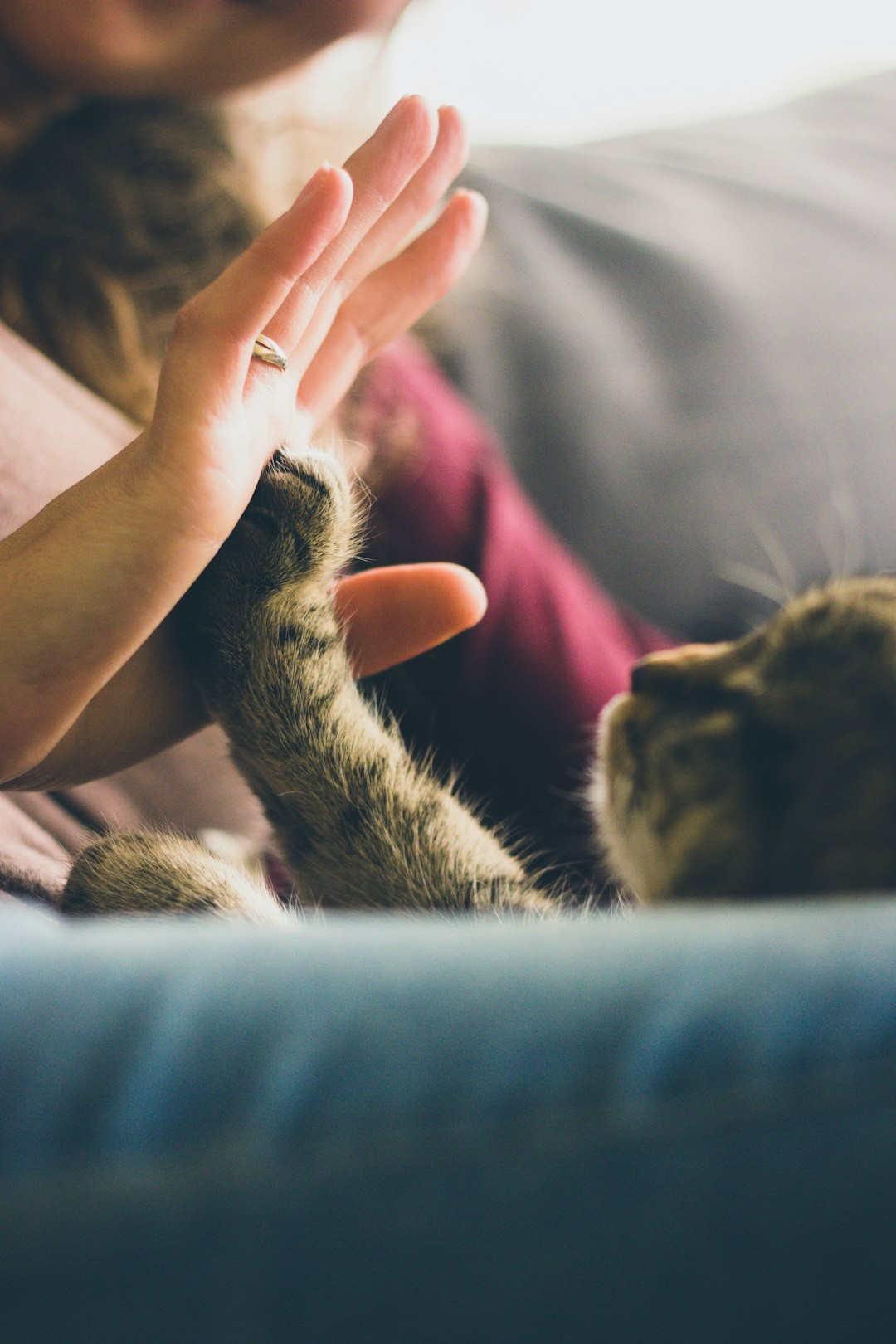
When considering bringing a Bichon Frise into your home in 2024, it’s important to understand the various expenses that will come into play. Beyond the initial purchase price of the dog, which can vary depending on whether you choose to adopt from a rescue or purchase from a reputable breeder, there are several other costs associated with the initial setup and supplies.
Here’s a breakdown of the expenses you might encounter:
-
Purchase Price: The cost of a Bichon Frise from a high-quality breeder can range considerably. Typically, you could expect to pay anywhere from $500 to $2,500 for a pup, depending on pedigree, breeder reputation, and whether the puppy has received initial shots and other health checks.
-
Adoption Fees: If you decide to go through a rescue organization, the adoption fees are generally lower, ranging from $100 to $500. These fees often cover vaccinations, spaying/neutering, and sometimes even microchipping.
-
Initial Veterinary Costs: A comprehensive initial veterinary checkup is crucial for your new pet. First-year vaccinations, deworming, flea prevention, and possibly spaying or neutering if not already done, will add to your initial costs. Budgeting around $100-$300 can be a good start, with costs varying depending on your location and the vet’s fees.
-
Supplies: Initial supplies include items such as a bed, crate, grooming tools, food and water bowls, collar, leash, and chew toys. Depending on the quality and brands of these products, you could spend anywhere from $200 to $500.
-
High-Quality Dog Food: Bichon Frises are small dogs, so they don’t consume large quantities of food, but they still require a diet of high-quality pet food to maintain their health. A monthly supply might cost between $20 and $60.
-
Training: Professional training can be beneficial, especially for first-time dog owners. Group training classes can cost a few hundred dollars, while private lessons can be more expensive.
-
Grooming: Bichon Frises are known for their white, fluffy coats that require regular grooming. Depending on how often you groom your dog at home versus professionally, you might spend between $30 and $60 per grooming session, with a recommended frequency of every 4-6 weeks.
-
Pet Insurance: Although not mandatory, pet insurance is a sensible investment. Monthly premiums can range from $30 to $50, with variation depending on the coverage level you choose.
-
Miscellaneous: Always anticipate unexpected expenses or emergencies. Setting aside a contingency fund of a few hundred dollars can be wise.
In total, when you add up the initial costs of acquiring a Bichon Frise and the setup for your new pet, you might expect to invest upwards of $1,000 to $3,500 initially, with ongoing monthly expenses for food, grooming, and possible insurance. It’s essential to consider this comprehensive view of the costs to ensure you can provide a safe and happy environment for your new furry family member.
List of Bichon Frise Care Supplies and Costs
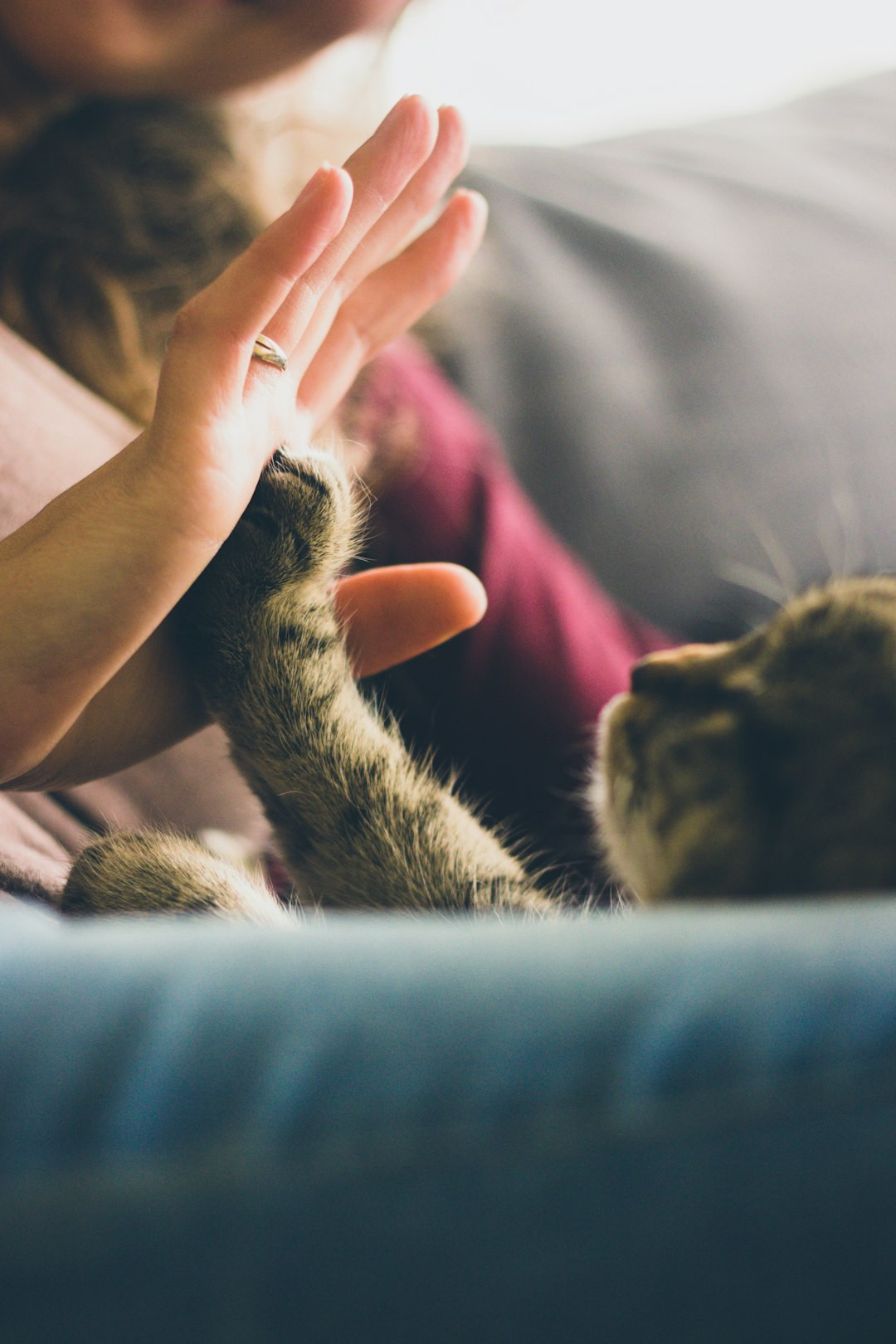
The cost of a Bichon Frise in 2024 can vary depending on numerous factors such as the breeder’s reputation, location, lineage, and whether the puppy is intended for show or as a pet. You may find prices ranging anywhere from $600 to $3,000 for a Bichon Frise. Puppies from champion bloodlines or reputable breeders will often be on the higher end of that spectrum. If you’re looking at adopting a Bichon Frise from a rescue or shelter, the cost may be significantly lower and could include initial veterinary care like vaccinations and spaying/neutering.
When budgeting for a Bichon Frise, don’t forget to account for the costs associated with caring for the puppy. Here is a list of common Bichon Frise care supplies along with their estimated costs, which can help you get a sense of the ongoing financial commitment:
-
Quality Dog Food & Treats: High-quality dog food is essential for your Bichon Frise’s health. Annually, you can expect to spend anywhere from $200 to $500, depending on the brand and your dog’s size and dietary needs.
-
Veterinary Care: Routine vet checkups are essential and may cost around $100-$300 per visit. Yearly vaccinations, flea/tick prevention, and heartworm prevention should also be considered, potentially adding several hundred dollars more.
-
Grooming: Bichons require regular grooming. Professional grooming sessions may cost anywhere from $40 to $60 and are typically needed every 4-6 weeks. Over a year, this could equate to $700 or more.
-
Bedding: A comfortable bed for your Bichon might be around $30 to $100.
-
Crate: A good-quality crate can range from $30 to $150, depending on size and material.
-
Toys: Durable, safe toys are important. A budget of $50 to $100 per year should suffice.
-
Leash and Collar: These items can vary in price, but good-quality items might cost between $20 to $50 for a set.
-
Training: Basic obedience classes or puppy training might range from $50 to $200 for a series of classes.
-
Pet Insurance: Pet insurance is highly variable, but it could cost you anywhere from $200 to $600 per year for a basic plan.
These are rough estimates, and prices are likely to continue fluctuating due to inflation and shifts in the economy. Additionally, unforeseen medical expenses can arise, so it’s essential to have a financial buffer beyond the basic care costs. Always research to find the most up-to-date prices and budget accordingly to ensure you can provide the best care for your Bichon Frise.
How Much Does a Bichon Frise Cost Per Month?
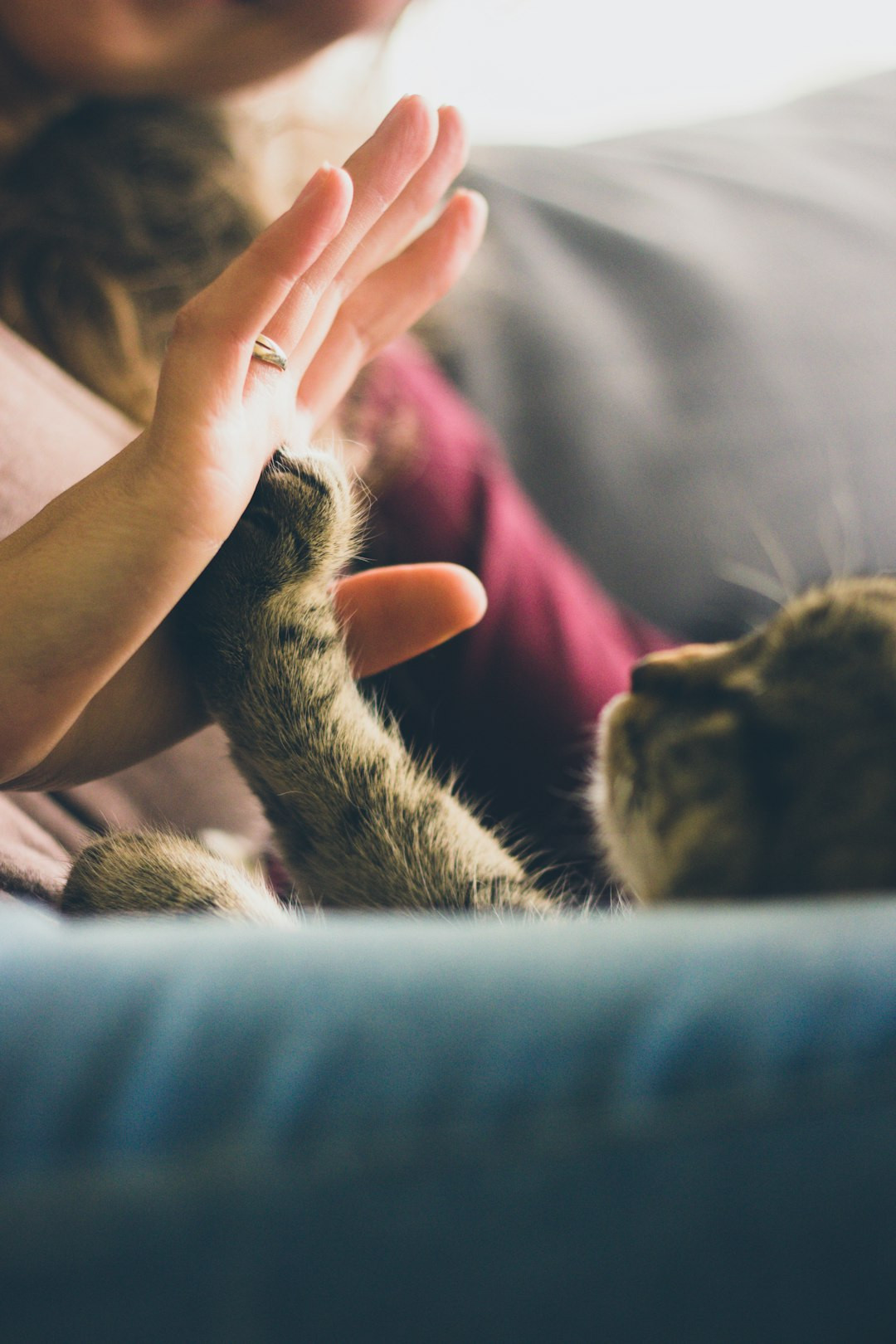
The cost of owning a Bichon Frise in 2024 can vary depending on several factors including breeder reputation, location, and pedigree of the dog. As a rough estimate, purchasing a Bichon Frise from a reputable breeder may range from $500 to over $2,000. However, prices can be higher if you’re looking for a show-quality dog with exceptional lineage.
When considering the monthly expenses of owning a Bichon Frise, you should account for food, grooming, regular veterinary care, training, insurance, and miscellaneous supplies. Here’s a breakdown of what you might expect to spend each month:
-
Food: A high-quality dog food tailored to small breeds might cost around $30 to $50 per month.
-
Grooming: Bichon Frises require regular grooming due to their curly coats. Professional grooming sessions can cost between $30 to $60 and might be needed every 4 to 6 weeks.
-
Veterinary Care: Routine vet check-ups and vaccinations can cost around $20 to $30 per month, considering these expenses are spread throughout the year. Be mindful that unexpected health issues or emergencies can increase these costs significantly.
-
Training: If you decide to invest in professional training, group classes cost about $50 to $150 for a series of sessions, while private lessons could be significantly more.
-
Insurance: Pet insurance for a Bichon Frise can range from $30 to $50 per month, depending on the coverage you choose.
-
Supplies: This includes leashes, collars, toys, bed, and other miscellaneous items. Initial supplies may cost around $100 to $200, while ongoing costs could be approximately $10 to $30 per month.
Adding these expenses, the monthly cost of owning a Bichon Frise can range from roughly $120 to over $300, excluding any unexpected expenses like health emergencies or additional services such as dog walking or boarding. It’s important to consider these costs carefully when deciding to welcome a Bichon Frise into your home. Remember, these are estimated figures which can change based on individual circumstances, location, and changes in the market.
Health Care

In 2024, the cost of a Bichon Frise can vary widely depending on several factors, including the dog’s lineage, the breeder’s reputation, and location. It is essential to consider not only the initial purchase price of the puppy but also the continuous health care and associated costs throughout the dog’s life.
Initial Purchase Price: As with previous years, the initial price for a Bichon Frise in 2024 is influenced by the breeder’s status, whether the puppy is of show quality, and if the pup comes from champion bloodlines. Prices can range from $500 to $3000. Puppies bred by reputable breeders, meant for the show ring, or with an impressive lineage will generally be on the higher end of the price spectrum.
Health Care Costs: When it comes to health care for a Bichon Frise, one needs to prepare for both routine and emergent medical expenses. In 2024, these may include:
- Vaccinations: Core vaccinations and boosters can cost between $75 and $100 annually.
- Spaying/Neutering: This one-time procedure can vary from $250 to $500 depending on your location and the veterinary practice.
- Dental Care: Regular dental cleanings, which may cost between $200 and $500, are crucial since small breeds are predisposed to dental issues.
- Parasite Prevention: Expect to spend $100-$300 annually on preventative treatments for fleas, ticks, and heartworm.
- Pet Insurance: Depending on the chosen coverage, pet insurance can range from $200 to $600 annually to help mitigate unexpected health care expenses.
- Other Medical Expenses: Health screening, emergency visits, and treatment for any hereditary issues known in Bichon Frises (like hip dysplasia or patellar luxation) can significantly increase expenses. These costs can range from hundreds to several thousand dollars, contingent upon the condition and required treatment.
Regular Healthcare Routine: Beyond these typical health care costs, a Bichon Frise owner should also budget for regular vet check-ups to ensure their pet stays healthy. These check-ups can cost around $50 to $150 per visit, depending on local pricing and the nature of the visit.
Keep in mind that prices may fluctuate due to economic factors, changes in market demand, and advances in veterinary medicine. Purchasing a Bichon Frise entails a substantial financial commitment, and prospective owners should ensure they are prepared for both initial and long-term expenses before bringing one of these playful and affectionate dogs into their home.
Food

The Bichon Frise, a small and cheerful dog known for its fluffy white coat and friendly disposition, remains a popular choice for pet enthusiasts. If you are considering bringing a Bichon Frise into your home in 2024, it is essential to understand the latest price trends for purchasing this breed and the ongoing expenses you can anticipate, particularly in terms of food.
Initial Purchase Cost
As demand for purebred dogs often trends upwards, the initial cost of a Bichon Frise in 2024 can vary widely based on factors like pedigree, breeder reputation, and location. The price for a Bichon Frise puppy typically ranges from $500 to $2500, but certain pedigrees or show-quality dogs might cost even more. It is crucial to source your puppy from reputable breeders who conduct genetic testing and provide a healthy environment for their litters.
Food Expenses
Now, moving to the specific area of food expenses:
Quality Dry Food: Premium dry dog food formulated for small breeds is generally recommended for Bichon Frises. Expect to budget approximately $20 to $50 per month, but prices may vary based on the brand, ingredients, and where the food is purchased.
Wet Food and Treats: In addition to dry kibble, you might wish to incorporate wet food or wholesome treats into your pet’s diet for variety and training purposes. These can increase your monthly food budget by $10 to $30.
Special Diets: If your Bichon Frise requires a special diet due to allergies or health issues, specialty foods can further elevate the cost. Hypoallergenic or prescription diets can push monthly food costs to $50-$100 or more.
Food Supplements: Supplements such as fish oils, joint health chews, or probiotics may also be beneficial for your Bichon Frise’s overall well-being. Depending on the supplements chosen, this could add an additional $10 to $30 to your monthly expenses.
Additional Costs
It’s important to note that food is just one aspect of the total cost of owning a Bichon Frise. Other potential expenses include:
Initial Supplies: Items like beds, crates, bowls, leashes, and toys will add to your initial costs. Veterinary Care: Routine vet visits, vaccinations, spaying/neutering, and emergency healthcare can significantly affect your budget. Grooming: Bichon Frises require regular grooming. If you use professional grooming services, this could be an additional monthly expense of $40 to $60. Training: To ensure a well-behaved pet, you may opt for professional training sessions, which can range from $50 to $200 for a series of classes.
In conclusion, while the upfront cost to purchase a Bichon Frise in 2024 is a one-time expense, food and other ongoing costs need to be factored into your budget. As food is one of the key regular expenses, choose high-quality options appropriate for your dog’s age and size, and be prepared for the costs associated with a nutritious and balanced diet, along with other maintenance expenses that contribute to the overall joy and responsibility of owning a Bichon Frise.
Grooming

The cost of a Bichon Frise in 2024 can vary based on several factors including the breeder’s reputation, location, pedigree of the puppy, and any special characteristics or certifications the puppy may come with. Generally, you can expect to pay anywhere from $500 to $2,500 for a Bichon Frise puppy. Some breeders may charge even more for puppies with championship lines or exceptional traits.
When considering the expenses associated with owning a Bichon Frise, grooming is one of the most significant recurring costs. Bichon Frises are known for their soft, curly coat, which requires regular maintenance to keep it in good condition and prevent matting. Expenses for professional grooming services can vary widely, but owners can expect to budget approximately $50 to $100 every 4 to 6 weeks. This is due to the meticulous care needed for their coat, which includes bathing, trimming, and ear cleaning.
Remember that other expenses go beyond the initial purchase and grooming costs, such as food, vet visits, vaccinations, spaying or neutering, and potential emergency medical costs. Then there’s bedding, toys, training, and possibly pet insurance to consider, all of which can add to the overall cost of owning a Bichon Frise.
It’s also imperative to factor in inflation and the economic situation in 2024, which could influence the cost of purchasing and maintaining a pet. Before getting a Bichon Frise, or any pet, it’s a good idea to do thorough research and budget accordingly to ensure that you are prepared for all the financial responsibilities that pet ownership entails.
Medications and Vet Visits

The cost of a Bichon Frise in 2024 can vary widely depending on multiple factors, including the breeder’s reputation, the dog’s lineage, and geographic location. Generally, you can expect to pay anywhere from $500 to over $2500 for a Bichon Frise puppy.
When you bring a new Bichon Frise into your home, you should also budget for ongoing expenses, which will include medications and vet visits among other things. Preventative medications for fleas, ticks, and heartworm are essential and can cost between $20 and $50 per month. Additionally, your Bichon Frise should visit the vet at least once a year for a check-up and vaccinations, which can range from $50 to $200 per visit, not accounting for any unforeseen health issues.
Be aware that prices can fluctuate, and it’s important to consider that emergency vet visits and treatments for potential illnesses can add up quickly. Always budget more than the bare minimum to ensure your Bichon Frise can receive appropriate care without financial stress. Moreover, the costs related to medications and vet visits can also be affected by inflation and advancements in veterinary medicine, which could bring new, possibly more expensive, treatments and preventative measures.
Pet Insurance
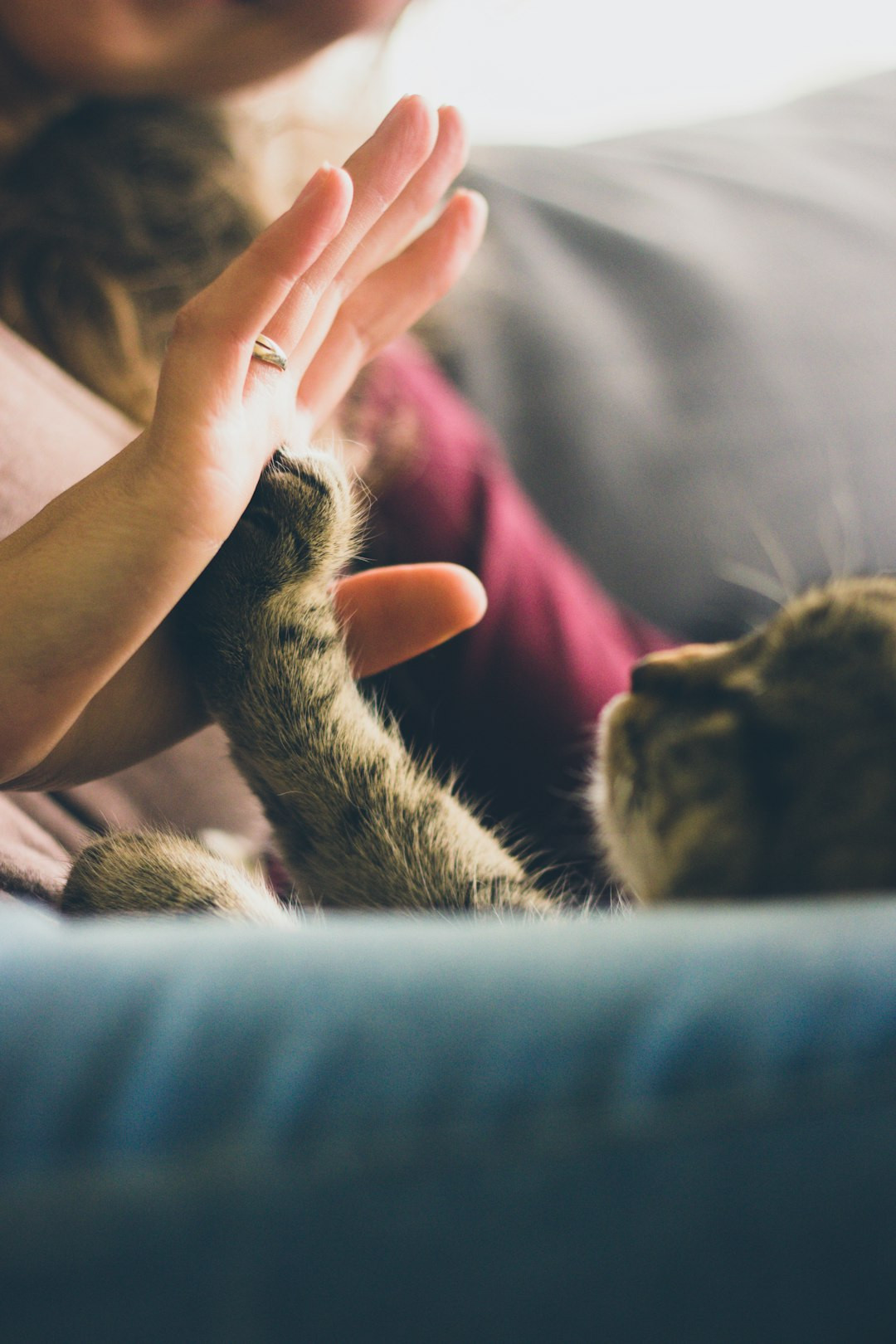
As of 2024, the cost of purchasing a Bichon Frise can vary widely depending on a range of factors including breeder reputation, location, pedigree, and whether the puppy has been health tested and comes with certain guarantees. Typically, you can expect to pay anywhere from $500 to over $3000 for a well-bred Bichon Frise puppy.
However, the purchase price is just the beginning. Prospective Bichon Frise owners should also account for a variety of other related expenses. One such cost to consider is pet insurance, an essential factor that can impact the long-term budgeting for your pet.
The price of pet insurance for a Bichon Frise will depend on several factors such as the level of cover chosen, where you live, and the age and health of your pet. In 2024, you might find that basic pet insurance policies start from as little as $10 to $20 per month. More comprehensive policies, which provide coverage for a broader range of health issues, as well as routine care and even some wellness programs, could cost upwards of $40 to $60 or more per month for a Bichon Frise. It’s important to shop around and compare policies to find the coverage that best suits the needs of you and your dog.
Some pet insurance plans offer lifetime coverage, which can be more cost-effective over the long term, especially for a breed like the Bichon Frise, which can be prone to certain health issues as it ages. These might include allergies, dental problems, and joint conditions, which could result in significant veterinary bills. With a good insurance policy, you can mitigate the shock of unforeseen medical expenses.
Furthermore, the cost of living and veterinary care is likely to rise with inflation, so factor in possible increases in pet insurance premiums year over year. Pet owners should also consider the deductible amount, reimbursement percentage, and annual or per-incident limits when selecting an insurance policy.
In summary, while the upfront costs of a Bichon Frise puppy might be the initial financial consideration, ongoing expenses such as pet insurance play a critical role in the total cost of pet ownership. By factoring in these costs, including potential veterinary care covered by insurance, owners can better prepare for the financial responsibility of caring for their furry companion.
Environment Maintenance
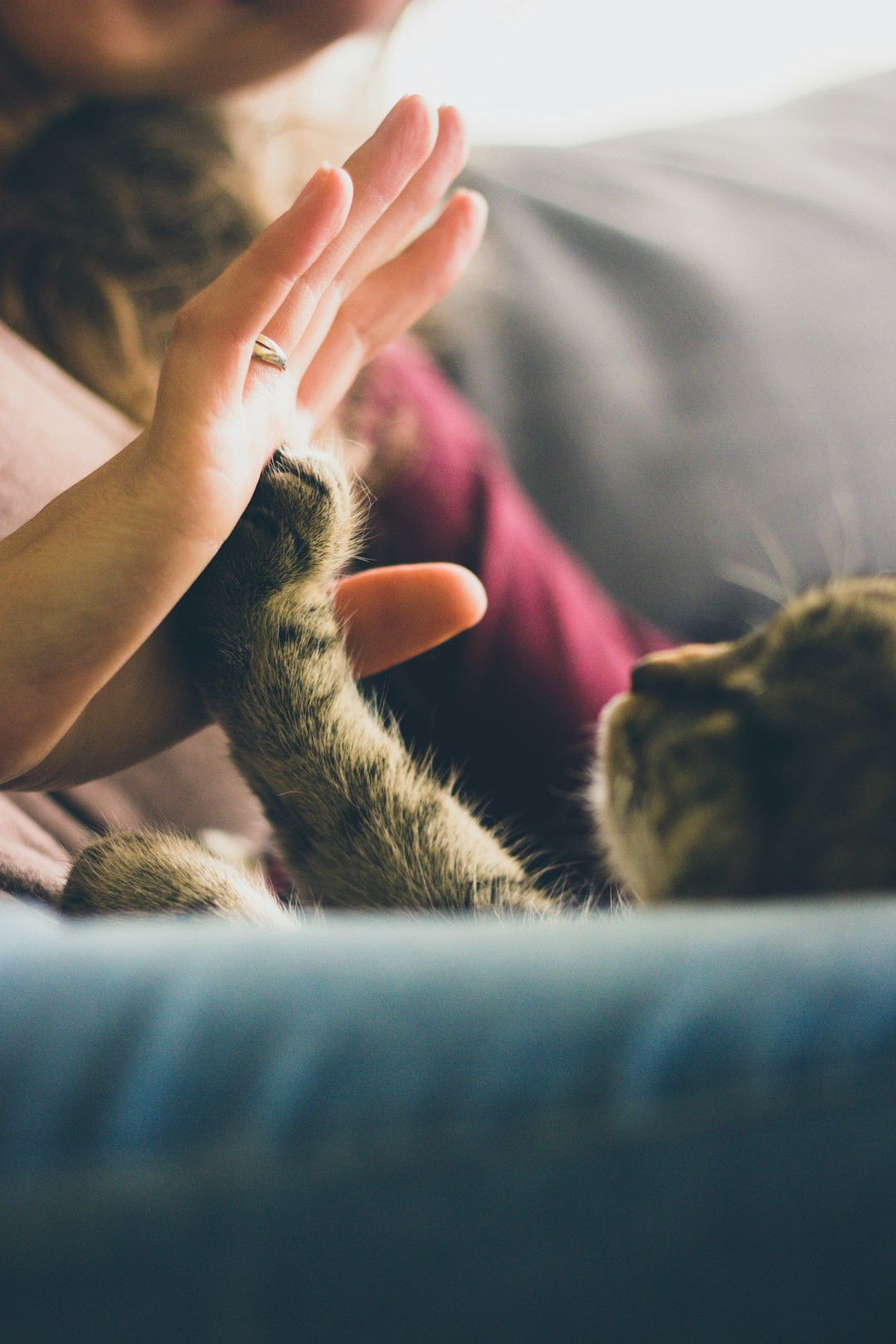
The cost of a Bichon Frise in 2024 can vary widely depending on several factors, such as the breeder’s reputation, location, the pedigree of the puppy, and current demand. Prices for a Bichon Frise can range from $500 to $3000, but on average, you might expect to pay anywhere between $1000 and $2500 for a well-bred puppy from a reputable breeder.
The initial purchase price, however, is just the beginning. As with owning any pet, there are numerous additional costs associated with environment maintenance and general care, which include:
-
Initial Setup: You’ll need to purchase supplies for your Bichon Frise, including a bed, bowls for food and water, a collar, leash, toys, grooming supplies, and a crate or carrier. You should budget at least $100 to $300 for these initial expenses.
-
Veterinary Care: Routine veterinary check-ups, vaccinations, microchipping, spaying/neutering, and emergency health care can add significant costs. In the first year, these expenses can be upwards of $500, and after that, a few hundred dollars per year is typical for maintenance, not accounting for unexpected illnesses or injuries.
-
Food and Treats: Expect to spend around $20 to $60 per month on high-quality dog food and treats designed to maintain the health of your Bichon Frise.
-
Grooming: Bichons are known for their fluffy white coats, which require regular grooming. Professional grooming services can cost anywhere from $30 to $60 per visit, and you may need to groom your Bichon every 4 to 6 weeks.
-
Training: Whether you invest in training classes or resources, training is essential for a well-behaved pet. Basic training classes can range from $50 to $200 for a series.
-
Insurance: Pet health insurance is an additional cost that can save you money in the long run on veterinary bills. Monthly premiums can vary widely, typically between $20 and $50.
-
Ongoing Healthcare: You should regularly budget for flea prevention, heartworm medication, and other routine care items.
-
Environmental Maintenance: This includes expenses for eco-friendly waste disposal, biodegradable bags, and safe, non-toxic cleaning supplies, which can add up to a couple of hundred dollars per year.
Remember, prices and expenses can fluctuate due to economic conditions and geographical location. When preparing to welcome a Bichon Frise into your home, it’s essential to consider not only the upfront purchase price but also the long-term financial commitment you are making to ensure that you provide a stable and loving environment for your pet.
Entertainment

In 2024, the cost to purchase a Bichon Frise can vary significantly based on a range of factors including breeder reputation, location, pedigree, and whether the puppy has received initial vaccinations and health checks. Generally, prospective owners might expect to pay anywhere from $500 to $2500 for a Bichon Frise puppy. However, for dogs with a distinguished lineage or from award-winning breeders, prices may reach well above $3000.
Beyond the initial purchase, entertainment costs for your Bichon Frise should also be considered. These expenses might include toys, grooming, training, and socialization classes to ensure your companion is both happy and well-adjusted. The price for these items and services may range from a few hundred dollars to well over a thousand annually, depending on the options chosen and the frequency of grooming and training sessions.
Additionally, ongoing costs will include high-quality food, routine veterinary care, preventative medications, and any unforeseen health expenses. When factoring these in, pet owners should budget for several hundred to a few thousand dollars every year to maintain the health and well-being of their Bichon Frise.
It’s crucial to research thoroughly before taking on the commitment of owning a Bichon Frise, ensuring you’re prepared for both the initial cost and the long-term financial responsibility of pet ownership.
Total Monthly Cost of Owning a Bichon Frise
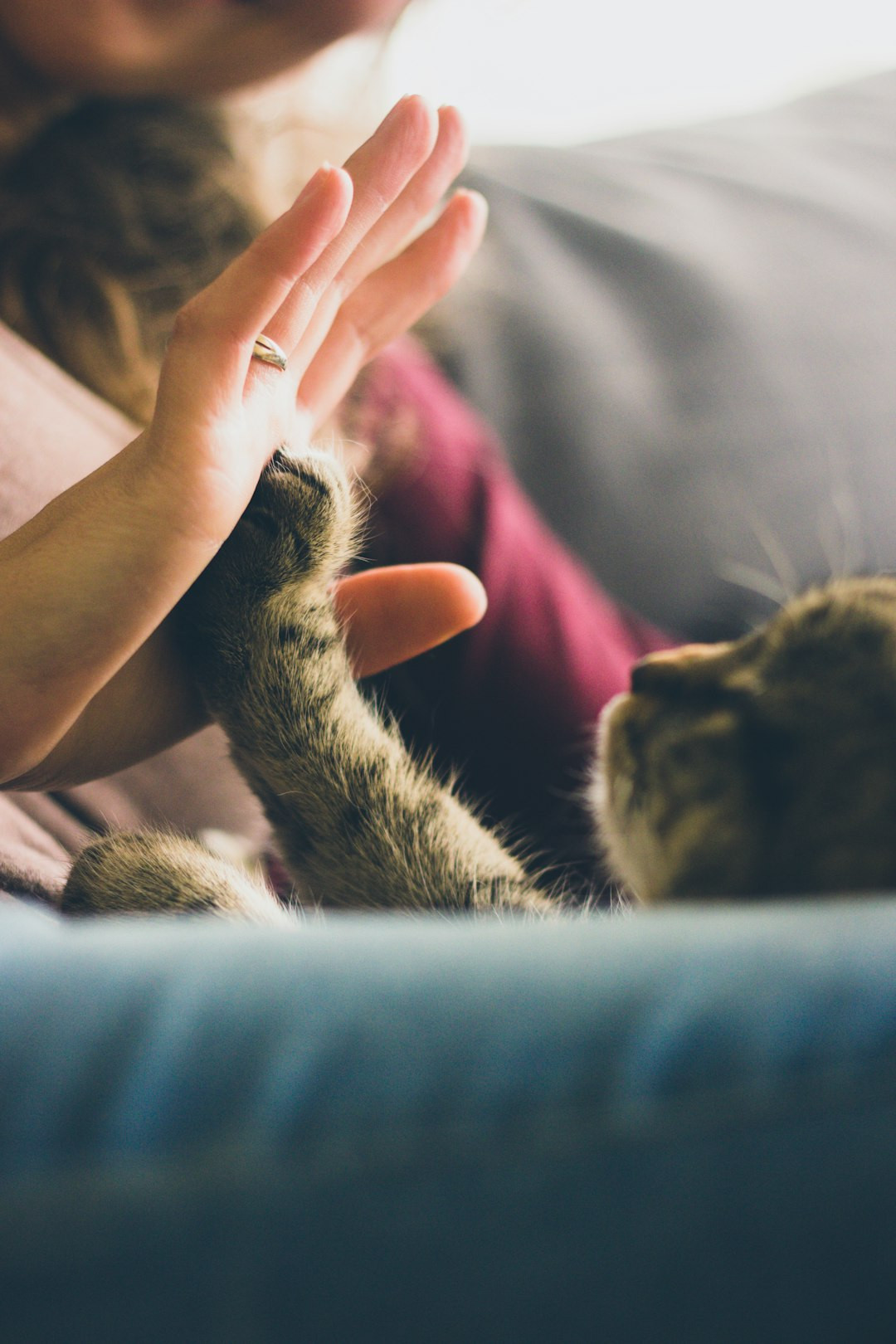
The cost of purchasing a Bichon Frise in 2024 can vary widely depending on various factors like the breeder’s reputation, location, the dog’s lineage, and any special attributes or show potential. Generally, the range for purchasing this breed may be anywhere from $500 to over $3000. However, it’s crucial to consider the ongoing expenses that come with dog ownership when budgeting for a Bichon Frise.
When considering the total monthly cost of owning a Bichon Frise, here’s a breakdown of potential expenses:
-
Food: High-quality dog food designed for small breeds is essential for maintaining the health of a Bichon Frise. Monthly costs for food can range from $20 to $60.
-
Grooming: Bichon Frises have a curly coat that requires regular grooming to prevent matting. Professional grooming can vary, but budget around $40 to $60 per session, typically done every 4-6 weeks.
-
Veterinary Care: Routine veterinary check-ups and vaccinations are a must. Also, include a budget for unexpected health issues or emergencies. Monthly set-asides for vet care can be around $40 to $60.
-
Pet Insurance: Pet insurance can mitigate unexpected expenses but comes with its monthly premium. Depending on the coverage, this could add $30 to $50 to your monthly budget.
-
Accessories and Supplies: This includes beds, leashes, toys, and other supplies. These costs can be front-loaded with higher costs initially, with monthly costs averaging $10 to $30 after the initial setup.
-
Training: If you opt for professional training, you should factor in this cost, which can vary widely but might be around $50 to $200 per month for ongoing sessions.
-
Miscellaneous: Treats, boarding fees (if you travel), and miscellaneous expenses should also be considered. This can be an additional $20 to $50 a month.
Adding up these expenses, the monthly cost of owning a Bichon Frise in 2024 could range from $180 to over $500, depending on your choices and your pet’s needs. Keep in mind these figures are estimates and may change with inflation or your personal circumstances. Remember to budget appropriately for the long-term commitment you’re making when bringing a Bichon Frise into your home.
Additional Costs to Factor In
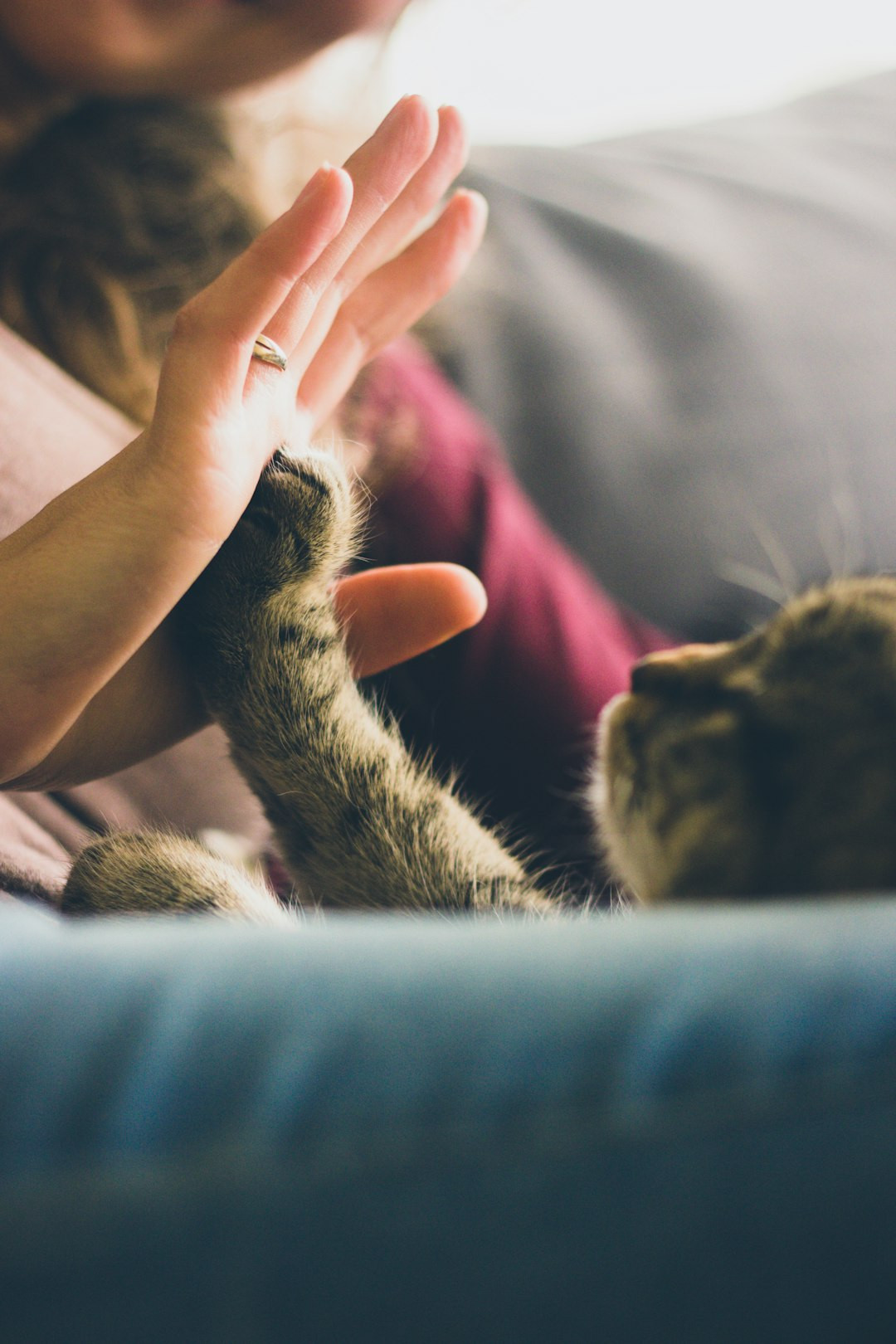
As of 2024, the cost of a Bichon Frise can be influenced by a range of factors including breeder reputation, location, pedigree, and whether the puppies are show quality or just meant as a pet. On average, you can anticipate paying anywhere from $500 to $2,500 for a Bichon Frise puppy from a reputable breeder. Prices may be higher for puppies with exceptional lineage or those bred for competitive show purposes.
When purchasing a Bichon Frise, there are several additional costs to consider beyond the initial purchase price:
-
Healthcare Expenses: This includes vaccinations, spay/neuter procedures, routine checkups, and potential emergency health issues. You may want to put aside $500–$1,000 annually for general healthcare, and more if health issues arise.
-
Pet Insurance: To mitigate unforeseen healthcare expenses, pet insurance can be a wise investment. Premiums can range from $200 to $600 a year depending on the coverage level.
-
Grooming Requirements: Bichon Frises are known for their fluffy coats that require regular grooming. Professional grooming might be necessary every 4-6 weeks, costing approximately $50–$75 per session, leading to an annual expense of $300–$900, depending on the frequency and services chosen.
-
Feeding Costs: A Bichon Frise doesn’t eat a great deal due to its small size, but the quality of food can affect the cost. High-quality food can range from $20–$50 per month.
-
Training and Socialization: Enrollment in obedience and socialization classes is highly recommended, particularly for first-time dog owners. Group classes might cost $50–$150 for a series of sessions, whereas private lessons could be significantly more.
-
Accessories and Supplies: Costs for beds, leashes, collars, toys, and bowls can add up. You might spend $100–$300 initially to get all the necessary supplies.
-
Miscellaneous: There are always unforeseen costs with pet ownership, such as dog-sitting services, additional unexpected vet visits, or replacing items that your pet might damage.
-
Breeding Rights and Registration: If you plan to show or breed your Bichon Frise, expect to pay higher costs for breeding rights and official registration with kennel clubs.
Keep in mind that trends in the economy, changing demand, and factors like inflation can affect the actual costs in 2024, so these figures may vary. Make room in your budget for these additional costs to ensure that you can provide the best care for your Bichon Frise throughout its life.
Pet Sitting
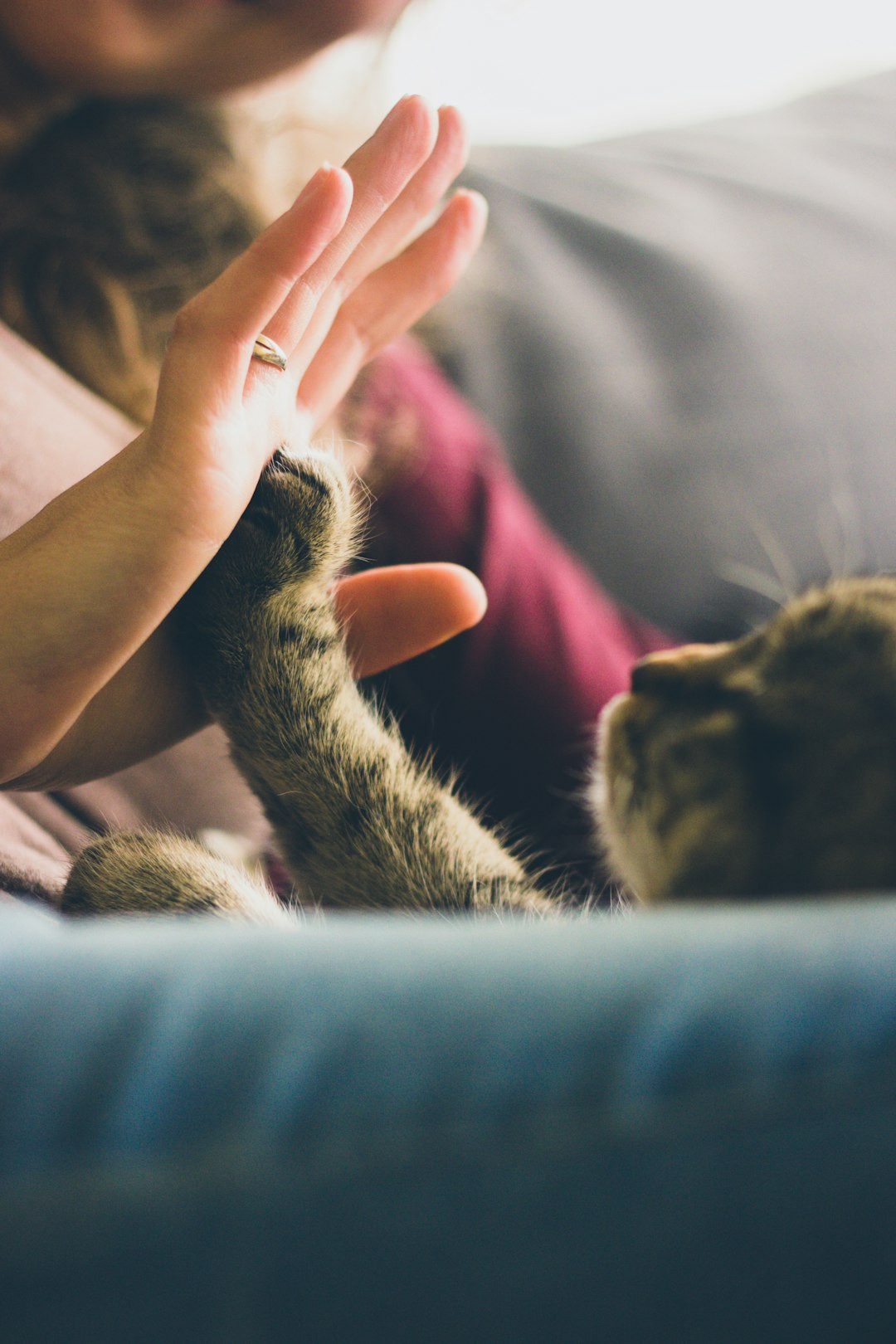
If you’re considering getting a Bichon Frise in 2024, it’s important to understand the financial commitment you’re about to make. The Bichon Frise is a small, fluffy, and friendly dog breed with a lively spirit and a reputation for being a great companion. When it comes to the initial cost and subsequent maintenance, including pet sitting, here’s what you can expect.
Initial Cost:
- Puppy Price: The purchase price for a Bichon Frise can vary significantly. In 2024, prices might range anywhere from $500 to $3,000, depending on the pedigree, breeder reputation, and whether the dog is intended for pet-quality companionship or show-quality competition. Dogs from award-winning lineage or reputable breeders will often be at the higher end of this spectrum.
- Initial Needs: Initial expenses also include costs for vaccinations, spaying/neutering, microchipping, and essential supplies like a crate, bed, and grooming tools, adding up to an additional $200-$500.
Ongoing Costs:
- Food: High-quality dog food tailored for small breeds will likely cost about $20-$50 per month, depending on the brand and specific dietary needs of your Bichon Frise.
- Grooming: Bichon Frises are known for their soft, curly coat, which requires regular grooming. Professional grooming sessions can range from $40 to $60 and are typically needed every 4-6 weeks.
- Veterinary Care: Routine vet check-ups, flea and tick prevention, and any unexpected health issues can amount to an average of $700-$1,000 annually.
Pet Sitting: When it comes to pet sitting in 2024, prices can also vary widely. For a Bichon Frise, you might find the following:
- Doggy Daycare: If you’re away from home during the day, you may opt for doggy daycare services, which could range from $15 to $40 per day, depending on the facility and services offered.
- In-Home Pet Sitting: For occasional needs or while you are on vacation, in-home pet sitters can charge anywhere between $25 to $75 per day, factoring in additional services like walks, playtime, and overnight stays.
- Pet Hotels: Upscale pet boarding facilities come with various amenities and can cost $40 to $100 per night.
Inflation and rising costs of living can influence these prices, so it’s crucial to do thorough research and budget accordingly. Always look for reputable services and products to ensure the health and happiness of your Bichon Frise. Remember that investing in insurance or setting aside an emergency fund can help mitigate some of the unexpected costs associated with pet ownership.
By understanding the costs and financial responsibility of owning a Bichon Frise, you can ensure that you are well-prepared to give your new furry friend a comfortable and happy life.
Emergency Vet Care

The cost of a Bichon Frise in 2024 is influenced by a variety of factors, including breeder reputation, location, pedigree, and availability. Prices for Bichon Frises can range significantly, but as a prospective owner, you can expect to pay anywhere from $500 to $2500 for a well-bred puppy from a reputable breeder.
However, the initial purchase price is just one part of the overall cost of owning a Bichon Frise. Expenditures on health care, especially emergency vet care, can add a substantial amount to the lifetime cost of your pet.
Emergency vet care is a critical expense to consider when budgeting for a pet, as it can arise suddenly and be quite costly. Some potential emergency scenarios include accidents, ingestion of toxic substances, or unexpected health issues that require immediate attention. In 2024, the costs for emergency vet visits can vary greatly depending on the situation’s severity. General emergency visits can range from $300 to $600, while more severe cases, such as those requiring surgery or extensive treatment, can climb to several thousand dollars.
Proactive steps to minimize these unexpected costs include:
-
Health Insurance for Pets: Purchasing health insurance for your Bichon Frise can help mitigate the expenses associated with emergency care. Monthly premiums vary depending on coverage levels and can range from as little as $20 to over $100.
-
Wellness Plans: Some vet clinics offer wellness plans that include regular check-ups and vaccinations, which can help identify and prevent health issues before they become emergencies.
-
Emergency Fund: Setting aside savings specifically for pet emergencies can provide a buffer to manage these expenses without insurance.
-
Quality Nutrition and Regular Exercise: Providing your Bichon Frise with a nutritious diet and regular exercise promotes overall well-being and can prevent health issues related to obesity and inactivity.
-
Home Safety Measures: Keeping your home free of hazards such as toxic plants, accessible chemicals, and small, swallowable objects reduces the risk of accidents and poisonings.
Always be prepared for the possibility of emergency vet care when considering the costs associated with owning a Bichon Frise or any other breed. Proper planning and foresight will ensure that you are financially equipped to give your pet the care it deserves throughout its life.
Owning a Bichon Frise on a Budget
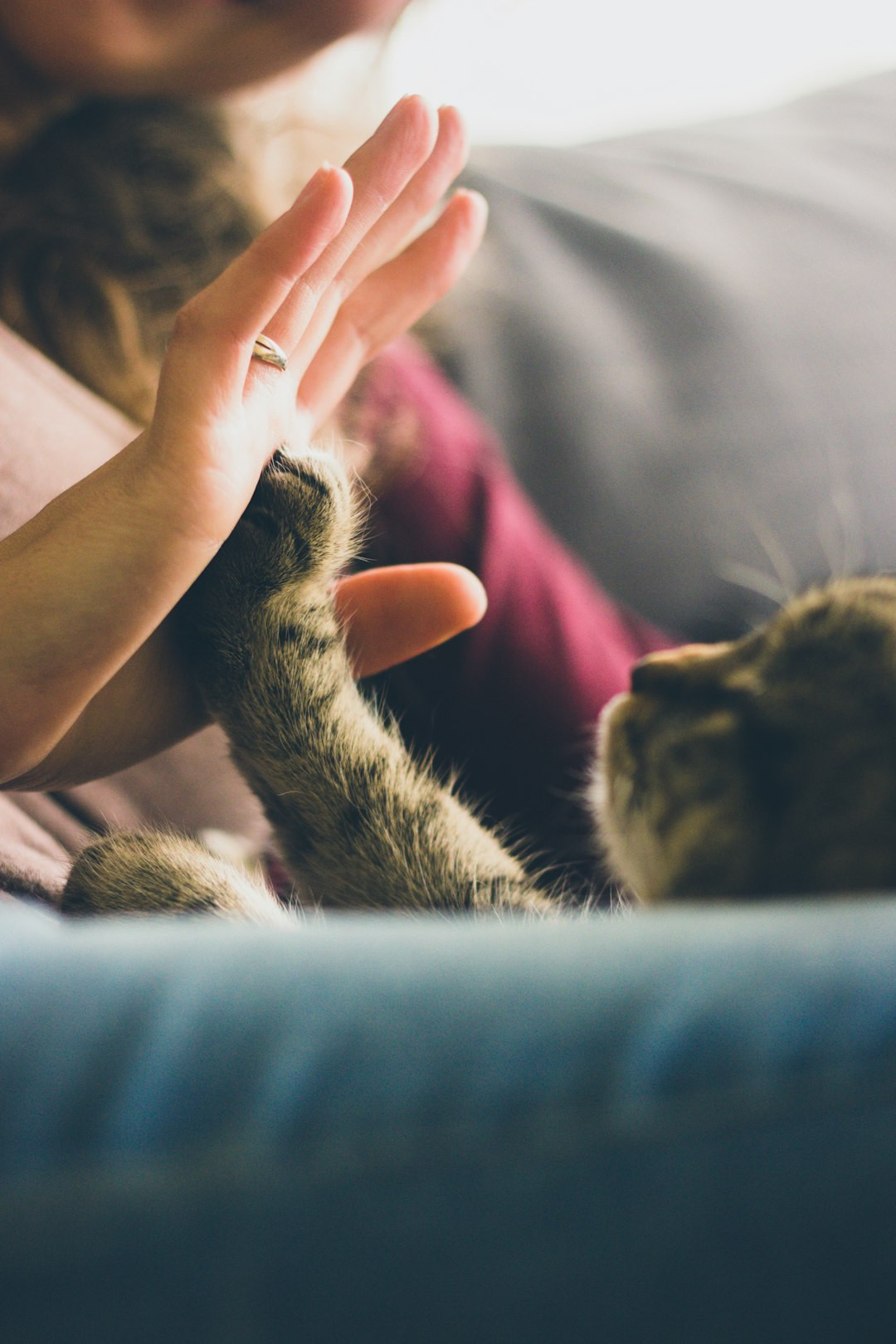
The cost of a Bichon Frise in 2024 varies widely depending on factors like breeder reputation, location, pedigree, and whether the dog has been trained or possesses show-quality attributes. To secure a Bichon Frise from a reputable breeder, you might expect to invest anywhere from $500 to over $2500. Highly pedigreed puppies, potentially from champion lines, can command prices at the higher end of this spectrum.
When considering owning a Bichon Frise on a budget, factor in not only the initial purchase price but also the ongoing costs. These include veterinary care, vaccinations, spaying/neutering, food, grooming essentials, and potential emergency healthcare. Vet visits might average between $200 to $500 annually, with grooming costs anywhere from $30 to $60 per session for a dog with high maintenance such as the Bichon Frise, which requires regular grooming due to its curly coat.
If budget is a concern, potential owners should also explore other avenues like Bichon Frise rescues or shelters where adoption fees may be considerably lower, ranging from $50 to $400. However, adoption from a rescue or shelter doesn’t exempt one from the responsibility of covering the ongoing maintenance costs.
Moreover, pet insurance is a consideration which could add another $200 to $600 a year to expenses. Finding the right balance between the upfront cost and the maintenance costs is key to owning a Bichon Frise on a budget.
It’s also prudent to consider setting up an emergency fund for unforeseen health issues, which could present substantial costs. Owners are encouraged to research extensively, prepare financially, and consider all related expenses while planning for a furry addition to the family.
Saving Money on Bichon Frise Care
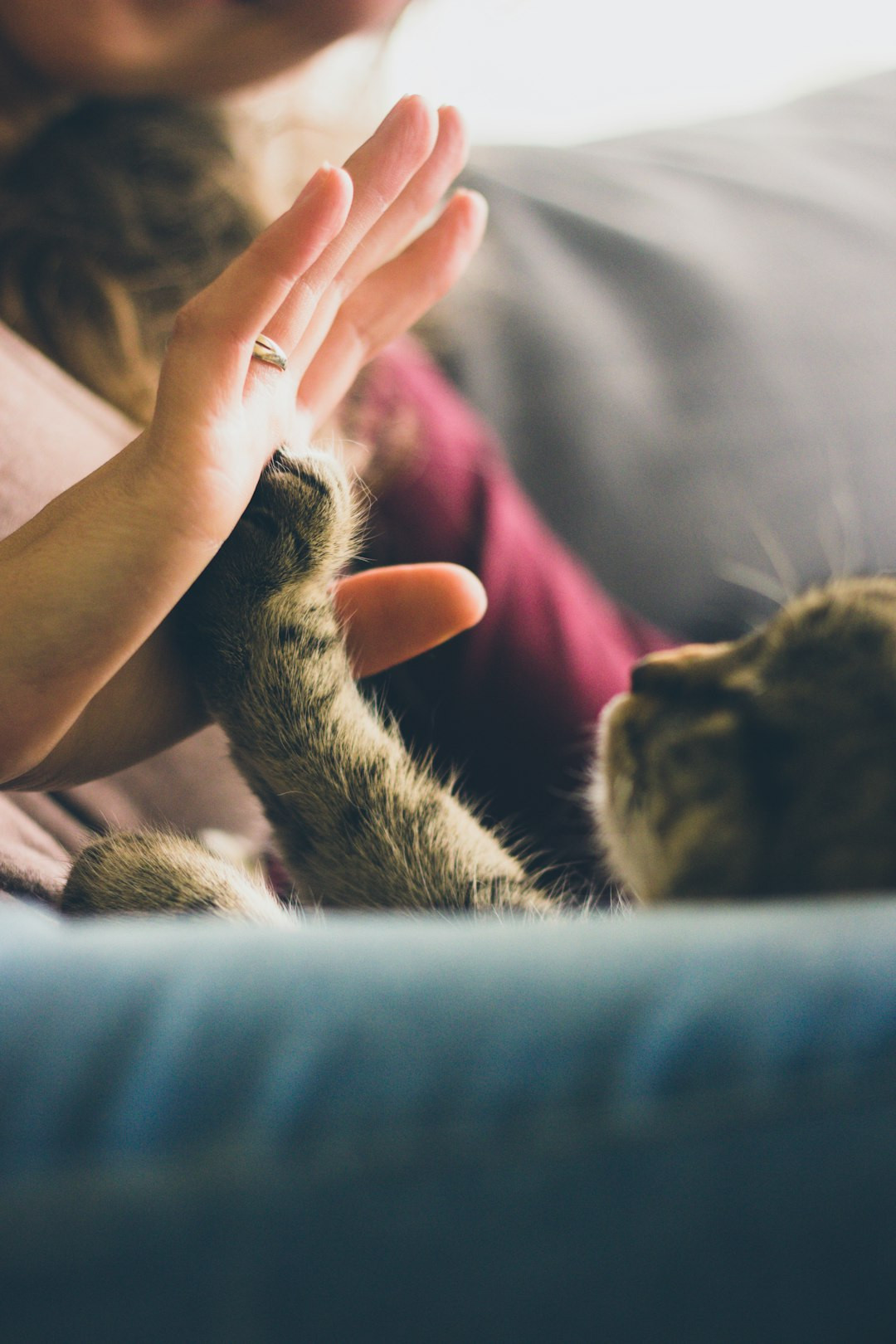
The price for a Bichon Frise in 2024 can vary widely depending on several factors including breeder reputation, location, pedigree, and whether the puppy is of show-quality.
Initial cost for a Bichon Frise puppy from a reputable breeder could range anywhere from $500 to $2500 or more. Show-quality dogs or those from particularly notable bloodlines may fetch higher prices. It’s essential to remember that purchasing from a reputable breeder can contribute to the long-term health and well-being of the dog, potentially saving money on veterinary costs down the road.
Beyond the initial purchase price, prospective Bichon Frise owners should prepare for ongoing expenses such as food, grooming, veterinary care, training, and supplies like beds, collars, and leashes. Bichon Frises require regular grooming given their coat type, potentially adding more to their maintenance cost.
To save money on Bichon Frise care in 2024, here are some tips:
- Preventive Health Care: Invest in regular veterinary check-ups, vaccinations, and parasite prevention to avoid expensive treatments for preventable illnesses.
- Quality Food: Feeding a high-quality diet tailored to the breed’s needs can help prevent health issues and reduce potential vet bills.
- Pet Insurance: Considering pet insurance could save you thousands in the event of an emergency or hereditary condition.
- Grooming Training: Learning to groom your Bichon Frise at home can save money on professional grooming services.
- DIY Pet Supplies: Create DIY toys, beds, and even some safe homemade treats.
- Discounted Products: Look for sales, bulk-buy deals for food, and other pet care supplies to save money over the long term.
- Spaying/Neutering: This one-time cost can prevent potential health issues and the added expense of caring for an unexpected litter.
- Vet Shop Comparison: Some veterinary practices may offer services at lower prices, so compare costs for routine care and procedures.
Remember, the Bichon Frise is a commitment for the life of the dog, so it’s crucial to budget not only for the upfront costs but for the ongoing care of your pet. A thoughtful approach and diligent care can lead to a rewarding experience with your Bichon Frise without breaking the bank.
Summary

In 2024, the cost of a Bichon Frise can vary widely depending on a number of factors, such as the breeder’s reputation, the dog’s lineage, and geographical location. Usually, prices for these dogs range significantly, starting from a few hundred dollars for those without pedigree documentation to several thousand dollars for show-quality puppies from champion lines.
When considering the expenses, future owners should not only account for the initial purchase price but also for the ongoing costs associated with owning a Bichon Frise. Vet check-ups, vaccinations, spay/neuter surgery, microchipping, grooming, training, quality food, and other supplies should be factored into the total cost of ownership. Also, with inflation and changing market dynamics, the prices for services and goods related to pet care could have increased compared to previous years.
It’s advisable to research more thoroughly for current price trends and to get quotes from multiple breeders to understand the full financial commitment required when getting a Bichon Frise in 2024. Additionally, consider adopting from shelters or rescue organizations as a more affordable and socially responsible option.



